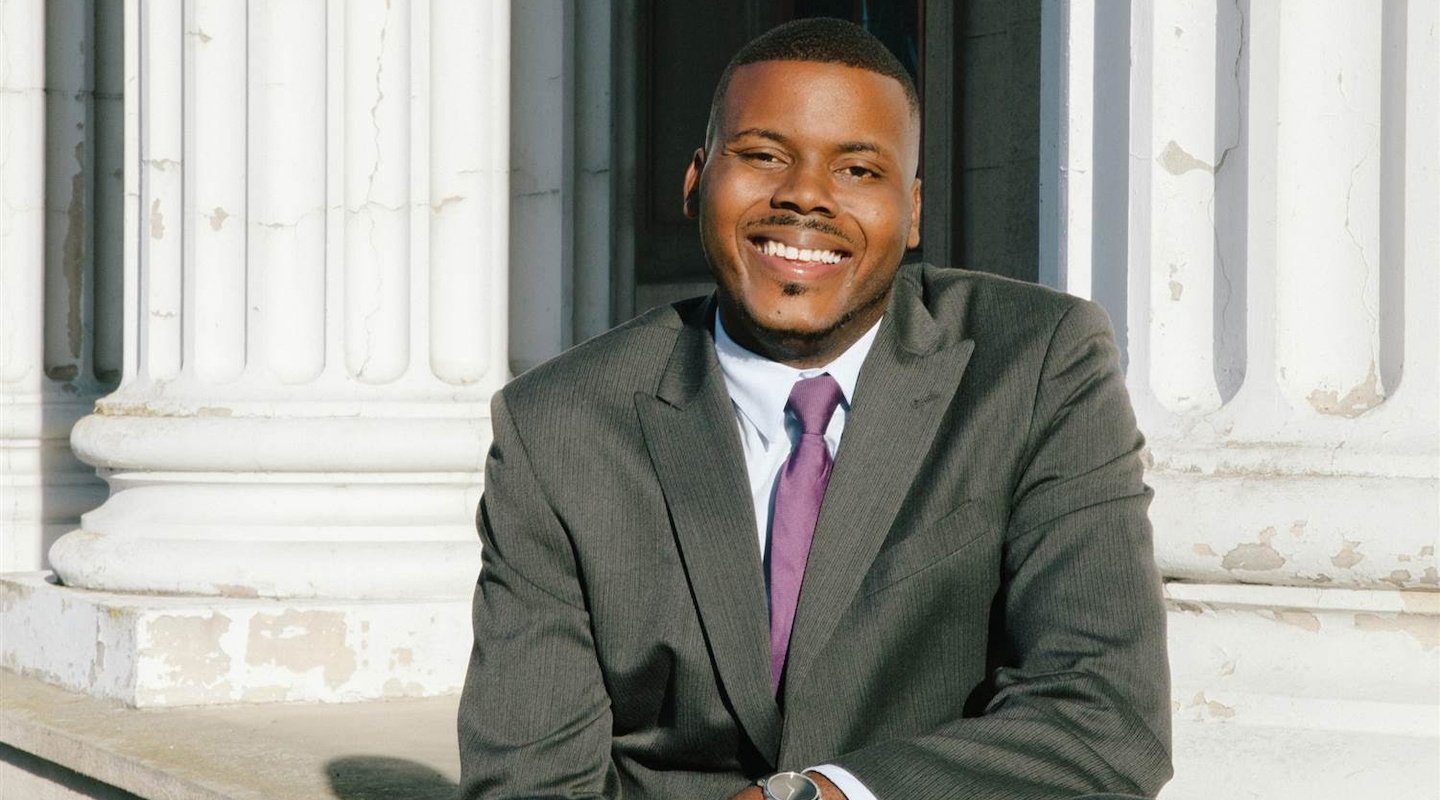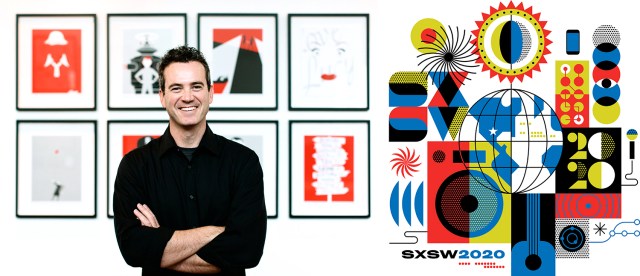Yet when Tubbs graduated, rather than pursue opportunities elsewhere, he decided to return home and try to use the skills he had learned by entering public service himself. At 22, he ran for and won a seat on Stockton’s City Council, and after four years in office he ran for the job of mayor in 2016, winning with a whopping 70% of the vote.
Tubbs is the youngest and first African-American mayor in Stockton’s history. Coming into the role as a 26-year-old candidate (he turned 27 in August) at a time when, from Bernie Sanders to Donald Trump, the American electorate was more interested in change as a political force than it had been in years, he has been empowered to pursue bold policies from the day he took office.
“I tell people all the time: if you don’t want things to be different, you shouldn’t have voted for me, because we’re not going to do things the same,” Tubbs says. “Even now, despite the margin [of victory], when we do new, innovative things, there’s always some pushback. But the process of change is always one with conflict. That’s something that I welcome.”
Tubbs’ strategy includes criminal justice reform, investing more resources in communities impacted by law enforcement, protecting immigrants from federal agencies, and—perhaps most boldly—implementing a universal basic income for the city’s residents.
“This fall, we’ll be piloting the Stockton economic empowerment demonstration,” Tubbs explains. “Right now, we have $1.2 million, and we’re raising more, with the idea to demonstrate what a universal basic income will mean for up to 100 families, over either 18 months or three years [depending on the funds raised].”
The city will be hiring a project director this spring to work with the mayor’s office and the community to create and design a process to apply for the pilot program. Tubbs’ goal is to make it as targeted as possible toward people who need it, while also making it universal enough that it’s not strictly a poverty program. “I am very keenly interested in seeing what a difference that makes for the poor and the working poor, and seeing how a small infusion of capital maybe allows a mother to go back into the workforce if she can provide childcare for her children, or things of that sort,” he explains.
Tubbs entered office with big ideas about how to advance opportunities for people in Stockton. The city’s median household income is more than $17,000 lower per year than the rest of California, and the 7.3% unemployment rate is nearly double the national average. But shortly after taking office, the young mayor found his city’s residents facing off against U.S. Attorney General Jeff Sessions, who cited Stockton as one of four cities from which the Department of Justice would withhold resources if leaders maintained its “sanctuary city” status.
“It happened on my birthday,” Tubbs says, his voice weary. “But for me, it was kind of a reckoning. A third of the city’s population are immigrants, and another third have parents who are foreign-born. Those are our law enforcement officers, and also our community. So I wanted to make sure that we stood on the right side of history.”
But even as Tubbs worked to reassure his residents, he was also baffled. “We don’t control the county jail,” he said, meaning that the policy around immigration detention wasn’t up to him anyway.
Nonetheless, Tubbs found himself presented with an opportunity. “We spent the first two months meeting with activists and organizers. We passed resolutions. We personally met with the ICE director for the area twice, just to reiterate our position,” he explains. “We spent a lot of time letting people know we’re proud to have immigrants in our community.”
Finding opportunities to step up has been a part of Mayor Tubbs’ career, something that puts him in good company with other young leaders in cities across America, such as Pete Buttigieg of South Bend, Indiana; Chokwe Antar Lumumba of Jackson, Mississippi; and Randall Woodfin of Birmingham, Alabama; all of whom are under the age of 40. Tubbs recognizes his place in a wave happening across the country. “You’re a part of it, but we don’t have secret meetings every month,” he laughs. “It’s more knowing that you’re not alone.”
Michael Tubbs was a part of the “Amplifying Youth Voices to Redesign Opportunity” session at SXSW 2018.




